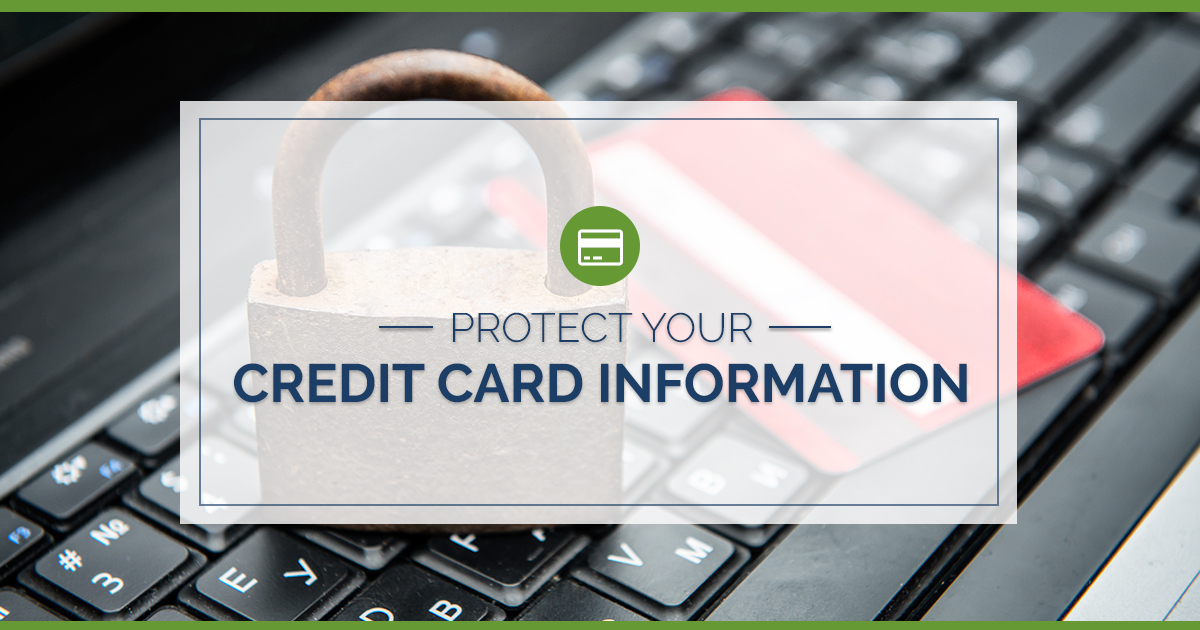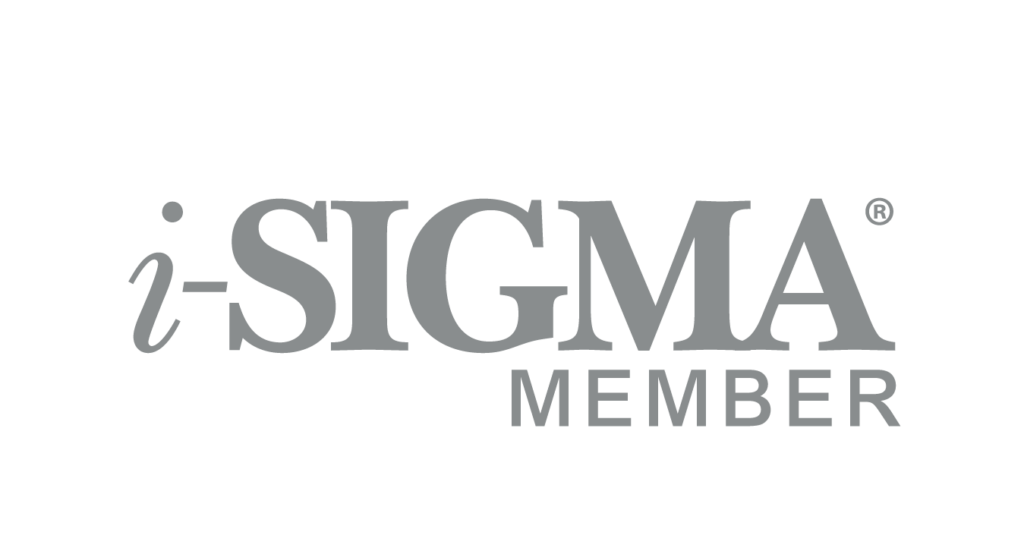
Protect Your Credit Card Information
The Federal Trade Commission reported in March of 2018 that identity theft was the second biggest category in consumer complaints. This number amounts to almost 14 percent of all the consumer complaints filed with the FTC. Credit card fraud was the most common type of identity theft reported by consumers. Tax fraud was the second most common type of identity theft reported by consumers.
Credit cards are used more than ever. This frequency requires everyone to understand and exercise credit card safety. You can do more than you think to protect your credit cards by using simple, common sense actions.
New & Old Credit Cards
When you get a new card, you need to sign the back right away and activate it. This will deactivate the old card. It is also a good time to pull out those old statements and have them shredded along with your old card. Never keep your PIN in the same place as your credit card. You don’t want a thief to have your PIN if your card gets stolen.
Protect Credit Card Account Numbers
Be aware of your surroundings when using your credit card. Be mindful of wandering eyes. Make it difficult for anyone to see your account number. Never give your credit card information over the phone unless you made the call.
Beware of any email that asks for your account number or personal information. Identity thieves are experts at making an email look like it’s from your bank. If you receive one, play it safe and call your bank so they can confirm if it is their email.
Go Paperless
Consider going to paperless statements and making payments online so your account information is no longer being mailed. Identity thieves know that the mailbox is a great place to steal personal information.
Shred All Paper Records
Your old statements and receipts are a great source of information for identity thieves so never put them in the regular trash. Once your garbage is out at the curb it is available for anyone to look through. The best course of action is to shred everything. A professional document destruction service will come to your location with a mobile shredding truck and turn your papers into tiny unreadable particles.
Don’t Keep Receipts Longer than You Have To
Keep your receipts to check billing statements to make sure everything is correct. Don’t throw out any duplicates or old receipts. Shred the ones you don’t need and securely file the rest, preferably in a locked cabinet.
Check Your Accounts Frequently
Reviewing your account activity often is both important and easy. You can do it online or by phone. Talk to your credit card issuer to see if they offer email or text alerts about unusual activity. If you suspect fraud or identity theft, contact the card issuer right away.
Limit Debit Card Use
Try to avoid using debit cards for purchases. If your debit card is stolen the money taken comes from your bank account and immediately affects your balance. With credit cards, you can dispute fraudulent charges before you have to make a payment.
Report lost cards and suspected fraud right away
If you lose your credit card or suspect fraudulent activity, contact your credit card issuer right away. Your credit card issuer will block your card and account number so that it can’t be used. You will then be issued a new card and account number and in some cases, you can have it sent to you the next day. Timely alerting your credit card company is critical. The Federal Truth In Lending Act (TILA) limits a consumers liability to $50.00 for unauthorized transactions. Some credit card issuers may waive the $50.00 liability as long as you notify them quickly.
FileShred is a locally owned onsite document shredding and hard drive destruction service in Connecticut that will help you securely destroy your confidential papers. Give us a call or visit our website at www.fileshred.net.


